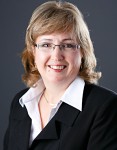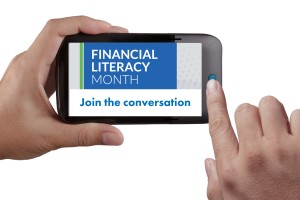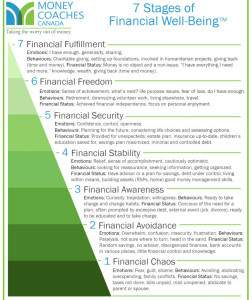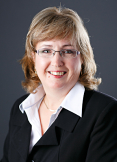By Karin Mizgala, co-founder and CEO Money Coaches Canada and the Women’s Financial Learning Centre

In 15 days we begin a fresh year and many Canadians will find themselves making resolutions about money. Most promises will be about specific actions like spending less, saving more, retirement planning, and paying down debt. It’s not my nature to be pessimistic, but the majority of those resolutions will fail, for a very simple reason. When the cheering and toasting ends on New Year’s Eve everyone will be exactly the same person they were before; the same person who didn’t spend less and save more in 2015. Some people will ride a wave of New Year motivation for a while, but waves roll into shore and disappear. As Albert Einstein said, “No problem can be solved from the same level of consciousness that created it.”
Some people will make lasting changes to their financial situation, but not because they lay out a strict budget, or invest in one mutual fund over another. They will change their relationship to money, and that will make all the difference. They won’t try to wrestle themselves into making “better” financial decisions that leave them feeling restricted or deprived. They will do something many people can’t imagine. They will make friends with their money. They will begin to see money as a trusted partner instead of something to battle against. Continue reading











